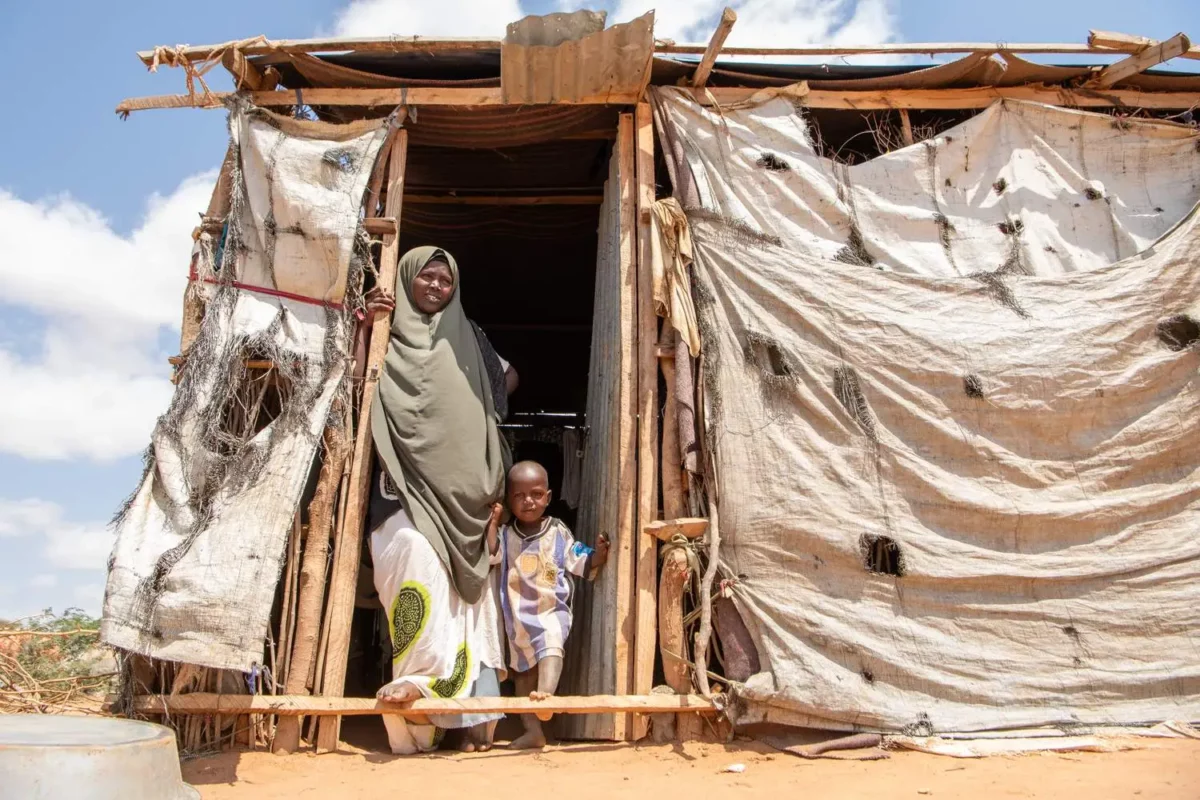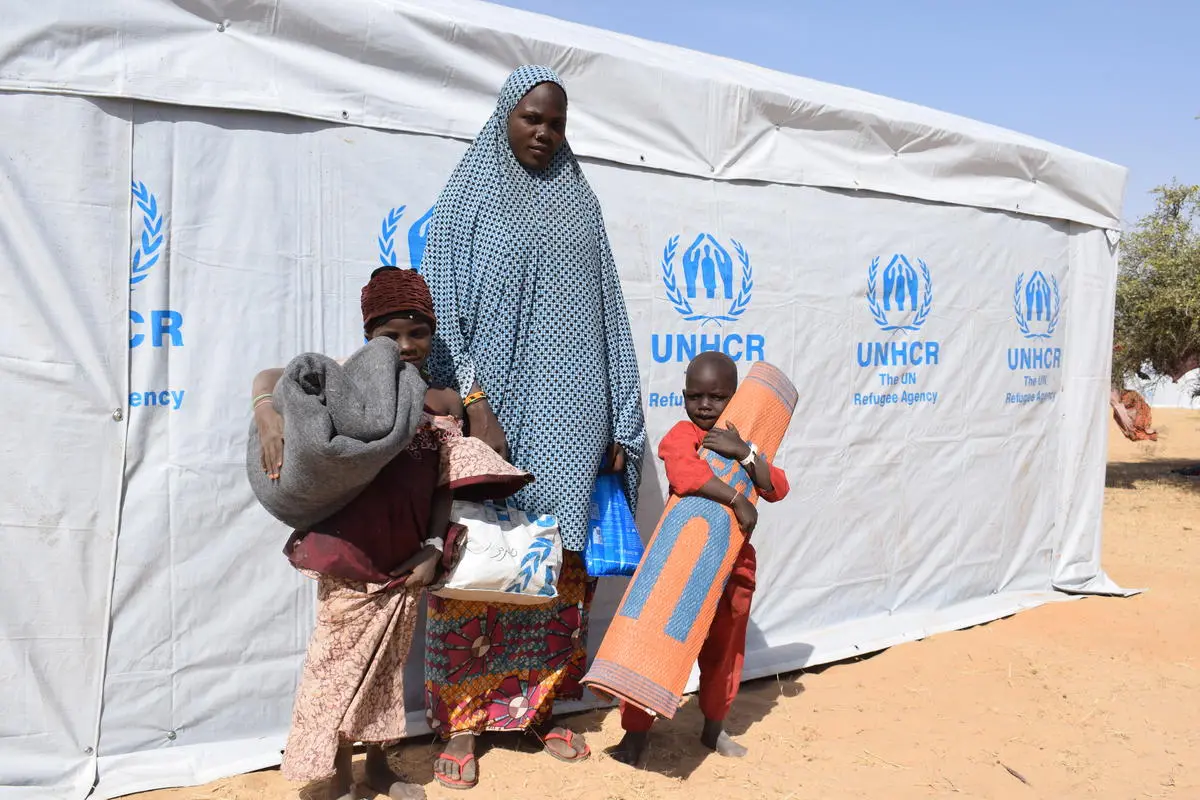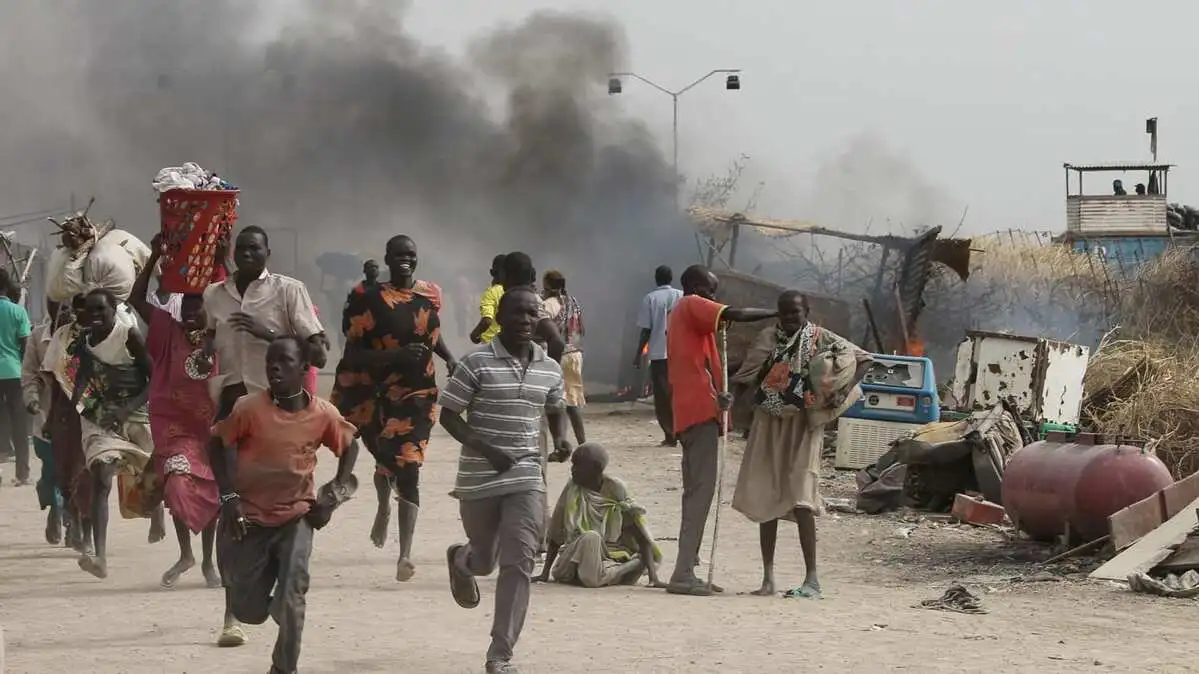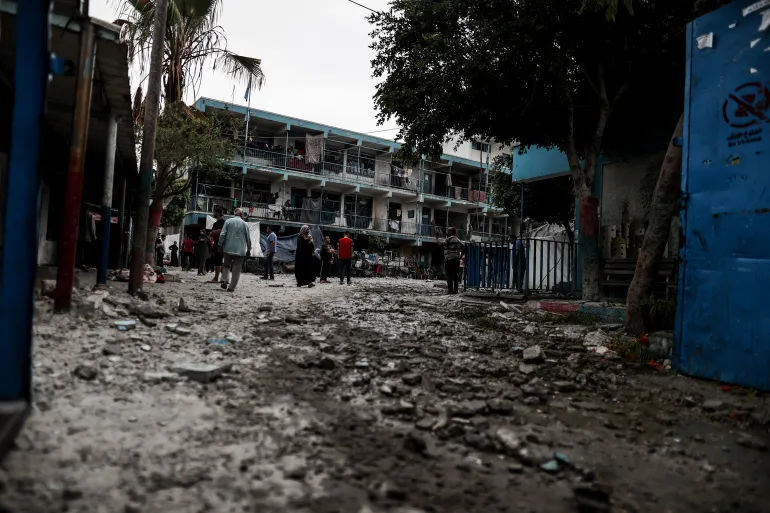In response to the escalating threats posed by climate change, the UN Refugee Agency (UNHCR) has launched a $100 million campaign to establish a Climate Resilience Fund. This initiative, announced by UN High Commissioner for Refugees Filippo Grandi in April 2024, aims to bolster communities most vulnerable to climate-related disasters, particularly flooding, which has increasingly displaced millions worldwide.
The global climate crisis has intensified, bringing more frequent and severe weather fluctuations. Heavy rainfall is predicted to become more intense across many regions, raising the risk of catastrophic flooding. These unprecedented events are manifesting in various forms, from seasonal river flooding driven by snowmelt and land use changes to coastal flooding exacerbated by storm surges, tropical cyclones, hurricanes, and increased river flows.
East Africa has been severely impacted by these changes. Since March, heavy El Niño rains have devastated this fragile region, home to 4.6 million refugees across 11 countries. The floods have affected over 637,000 people, displacing approximately 234,000. Kenya, Burundi, Somalia, and Tanzania have borne the brunt, with Kenya experiencing 210 fatalities and the displacement of 20,000 refugees from the Dadaab camps. In Burundi, around 10% of farmland has been destroyed.
The past decade has seen an average of 24 million displacements annually due to disasters, with 92% triggered by weather-related hazards, including floods. In 2023 alone, floods caused 9.8 million displacements. Climate change disproportionately affects the poorest and most vulnerable populations, including refugees and internally displaced people (IDPs) who have already fled conflicts and crises.
Refugees and displaced persons often reside in flood-prone areas with inadequate infrastructure, making them particularly susceptible to climate shocks. Host communities in informal settlements and shantytowns also face severe impacts due to poor drainage systems and flimsy housing.

Given its global presence and partnerships, UNHCR is uniquely positioned to address the protection and humanitarian needs arising from floods in displacement settings. The new Climate Resilience Fund will support climate resilience initiatives, reduce the environmental impact of emergency responses, provide sustainable resources, and equip vulnerable communities to withstand future climate shocks.
High Commissioner Grandi emphasized, “The impacts of climate change are only becoming more devastating, increasingly exacerbating conflict, destroying livelihoods, and, ultimately, triggering displacement.”





























